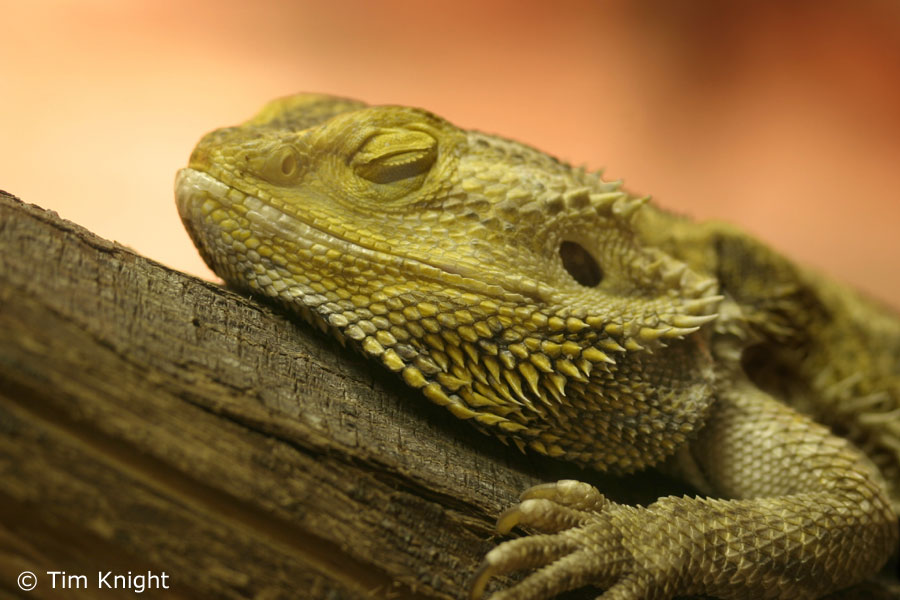The Ultimate Guide to Caring for Your Orange Bearded Dragon
Introduction
Bearded dragons are a popular choice for pets, and have become increasingly popular over the years. The orange bearded dragon, in particular, is a beautiful and unique species that is known for its vibrant orange coloration. If you are considering getting an orange bearded dragon, or already have one, this guide will provide you with all the information you need to care for your new pet.
Habitat
The first thing you will need to consider is the habitat for your orange bearded dragon. Bearded dragons require a spacious enclosure that is at least 40 gallons in size. Your dragon will need enough space to move around freely and bask in the light. The enclosure should also include a basking spot, a cooler area, and a hiding place.
The ideal temperature range for an orange bearded dragon is between 90-100 degrees Fahrenheit on the basking side, and 75-85 degrees Fahrenheit on the cooler side. It’s important to provide your dragon with a proper heat source, such as a heat lamp or ceramic heat emitter.
Feeding
Orange bearded dragons are omnivores, meaning they eat both plants and insects. A balanced diet for your dragon should consist of 80% vegetables and 20% insects. Offer your dragon a variety of vegetables, such as kale, collard greens, and squash. For insects, you can feed your dragon crickets, mealworms, and Dubia roaches.

It’s important to dust your dragon’s food with a calcium supplement to prevent metabolic bone disease. You should also provide your dragon with a shallow dish of water, and mist the enclosure with water to maintain proper hydration.
Behavior
Bearded dragons are docile and friendly pets, and make great companions for beginners. They are social animals and enjoy being handled, but always approach them slowly and gently. Bearded dragons will also display behavioral cues when they are stressed, such as glass surfing or tail twitching.

Health Concerns
Orange bearded dragons, like all pets, can suffer from health issues. Some of the most common health concerns for bearded dragons include metabolic bone disease, respiratory infections, and parasites. To prevent these health concerns, it’s important to maintain proper husbandry and take your dragon to the veterinarian for regular check-ups.
Conclusion
If you’re looking for an exotic, colorful pet, an orange bearded dragon might be the perfect fit for you. With the proper care and attention, your orange bearded dragon can live a long, happy life as your loyal companion. Follow the guidelines laid out in this guide and you’ll be on your way to becoming a great dragon owner in no time!
